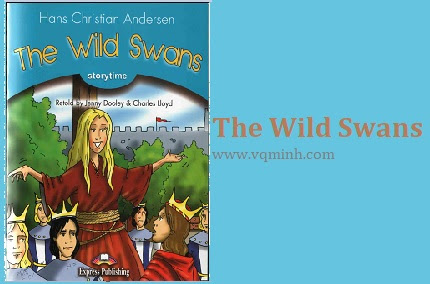

What was the effect of this disorientation? Did the women ever show a sense of political or spiritual homelessness?Ĥ. The women of Wild Swans lived through an era of such upheaval that they were constantly being called upon to pledge allegiance to a new regime or a new leading figure, each one distant from their day-to-day lives, and each usually claiming to be more "revolutionary" or diehard than the one before. How did it affect their lives, and specifically their political feelings?ģ.

Although none was violent by nature, all three were witnesses to - and sometimes victims of - naked savagery, to the extent that it may have begun to seem almost mundane. The 20th century could rightly be called an era of violence in China, and the lives of these three women were indeed remarkably touched by brutality. Does one stand out as particularly courageous?Ģ. Compare the kinds of bravery they exemplified. All three of the women at the center of Wild Swans display great courage, often to a stunning extent - speaking out in times of enforced unanimity, facing firing squads, risking their lives for the sake of others. As the story of each generation unfolds, Chang captures in gripping, moving-and ultimately uplifting-detail the cycles of violent drama visited on her own family and millions of others caught in the whirlwind of history. The story of three generations in twentieth-century China that blends the intimacy of memoir and the panoramic sweep of eyewitness history-a bestselling classic in thirty languages with more than ten million copies sold around the world, now with a new introduction from the author.Īn engrossing record of Mao’s impact on China, an unusual window on the female experience in the modern world, and an inspiring tale of courage and love, Jung Chang describes the extraordinary lives and experiences of her family members: her grandmother, a warlord’s concubine her mother’s struggles as a young idealistic Communist and her parents’ experience as members of the Communist elite and their ordeal during the Cultural Revolution.Ĭhang was a Red Guard briefly at the age of fourteen, then worked as a peasant, a “barefoot doctor,” a steelworker, and an electrician.


 0 kommentar(er)
0 kommentar(er)
